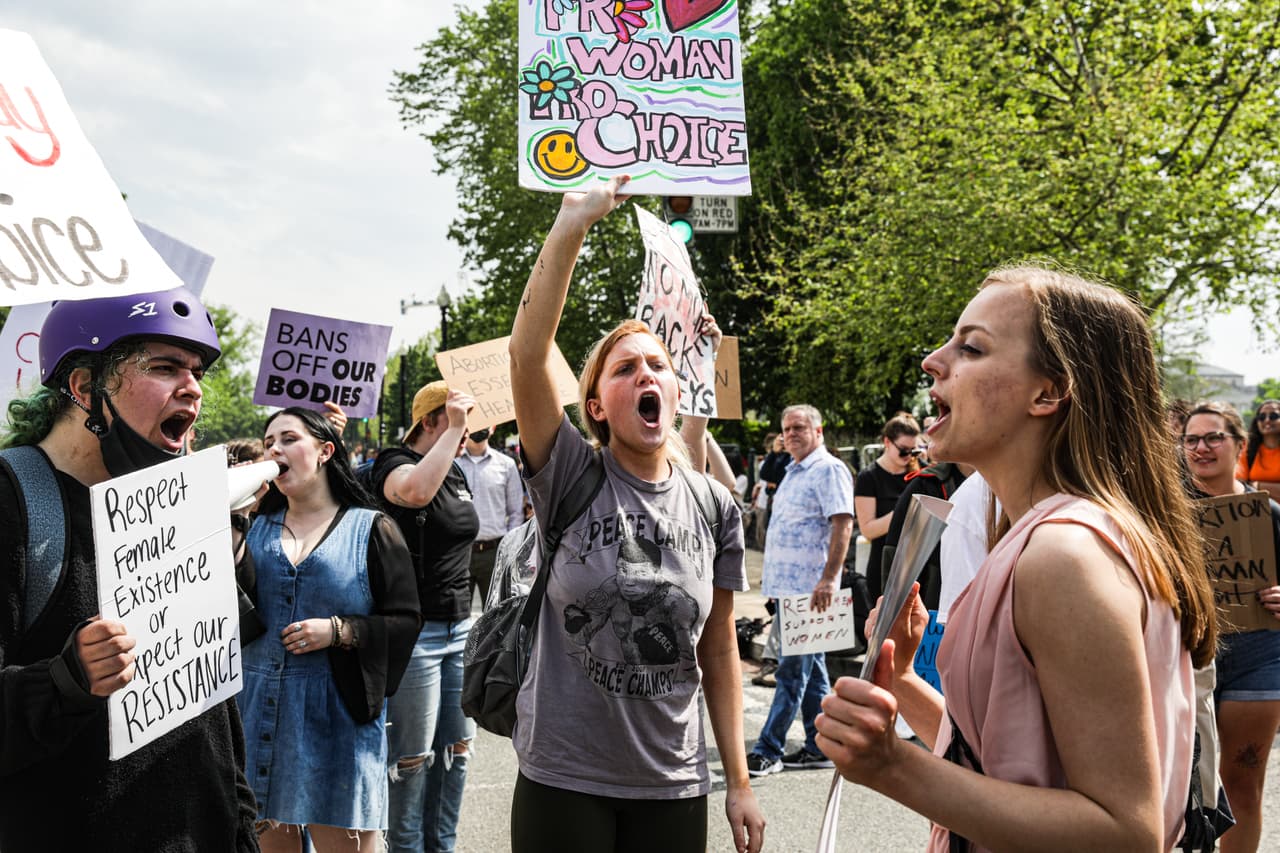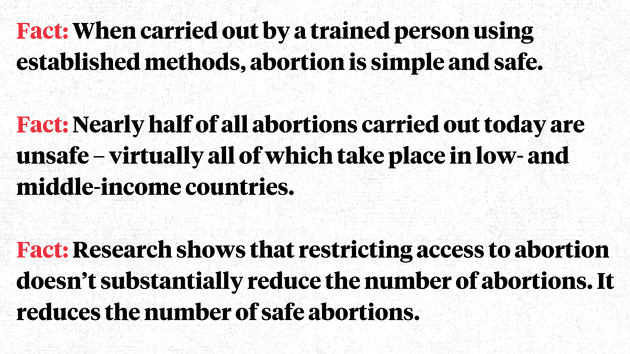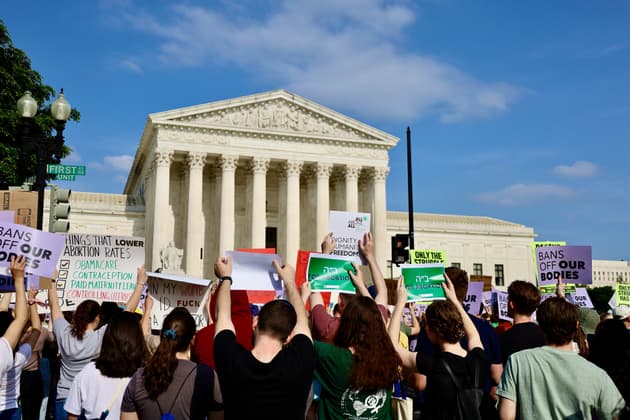
Abortion is a politicised issue. Facts are important
The US supreme court draft vote to overturn Roe v Wade has dominated headlines since it was leaked last week. Campaigners have long feared that the monumental 1973 ruling, which “guaranteed federal constitutional protections of abortion rights”, could be reversed. People have been preparing for a United States where abortion is outlawed. The truth is that access to abortion has been under threat for decades – and not just in the US.
More than three-quarters of countries have legal penalties for abortion, according to the World Health Organization. In 20 countries, there is no legal way to end a pregnancy.
Venezuela is one such country. There, abortion is performed only to save the parent’s life. Such restrictions put people in dire situations.
In October 2020, a Venezuelan university professor was arrested for helping a 13-year-old rape survivor end the resulting pregnancy. The charges were later dropped after a wide-reaching campaign.
Informal networks, organisations and individuals help people access abortion pills across the country. But the soaring price of contraceptive pills and restricted access to abortion is driving people in their 20s and even teens to seek sterilisation.
Abortion is such a politicised issue. Facts are important. These come from the World Health Organization:

Some 39,000 people die each year from unsafe abortion, mostly in low-income countries. Survivors, in their millions, can be left with lifelong medical problems and trauma. Changes that restrict access to legal means to end a pregnancy will only increase the number of people harmed by unsafe abortion.
Even where abortion is legal, the barriers to easy access are many. The cost of pills or the procedure; having to travel long distances to a clinic, not being able to take time off work or find childcare; the stigma and shame associated with ending a pregnancy.
The news from the supreme court has also raised fears that authorities could use personal data to identify those seeking abortion. Data from some period-tracking apps is already being collected and shared with companies such as Facebook and Google.
 People gather outside the supreme court to protest against the repeal of Roe v Wade
Joe Flood via Flickr
People gather outside the supreme court to protest against the repeal of Roe v Wade
Joe Flood via Flickr
Motherboard recently revealed that it was possible to buy data showing how many people used Planned Parenthood sexual health services. That personal information included where they came from and where they went afterwards. The data broker has since stopped offering data related to family planning facilities.
The Bureau’s Global Health team, which I lead, works to uncover wrongdoing and systemic issues that prevent fair access to healthcare worldwide. Are there things happening in your healthcare system that we should be investigating? Get in touch to let us know.
The erosion of access to reproductive health services is a growing source of inequality that inflicts considerable harm on those with lower incomes or who live on the margins of society. We can’t afford to look away.
Top image: Abortion rights demonstrators (left) confront anti-abortion rights demonstrators outside the US supreme court in Washington DC on 4 May 2022. Credit: Valerie Plesch/Bloomberg via Getty Images



